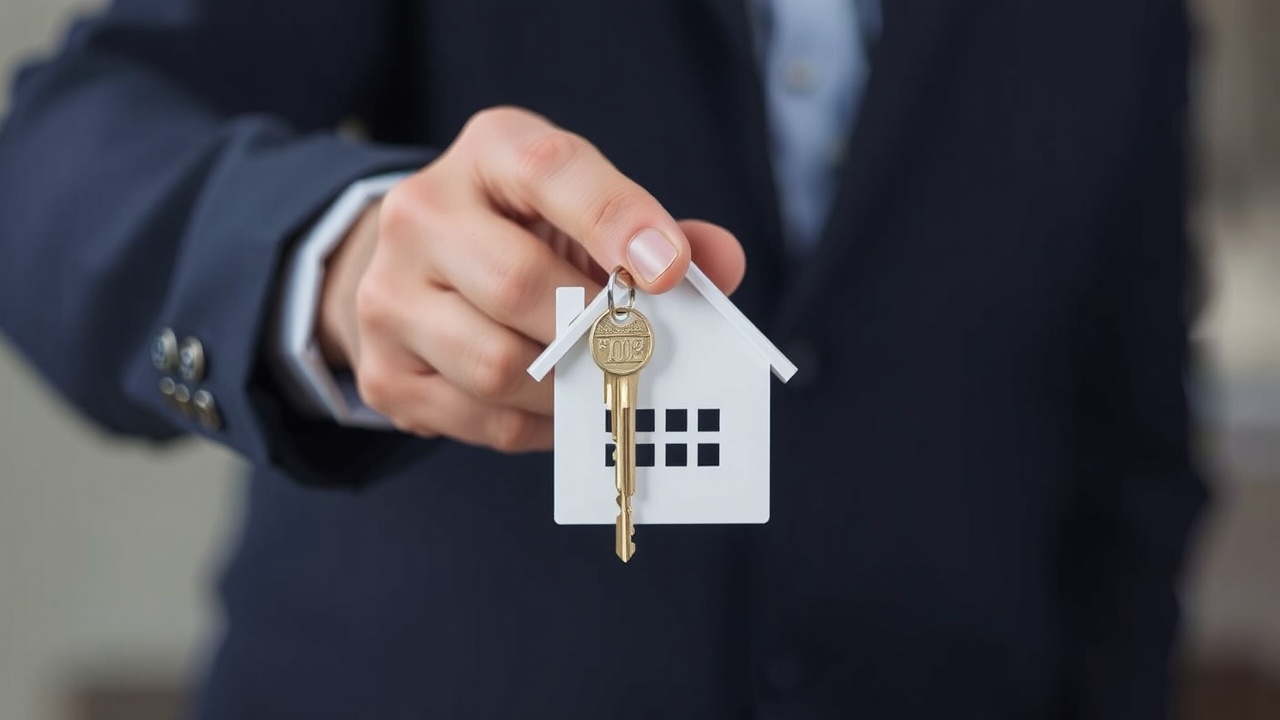
What you need to know about the government's plans to replace leasehold ownership with commonhold is clear
Plans have been announced by the government to abolish the feudal leasehold system and change the way that new construction homes and common areas are owned.
Although leasehold is currently the default tenure for new construction homes, especially apartments, rising ground rents and unregulated service charges have made it more difficult to sell these properties, which has affected home prices and made mortgage lenders more hesitant to lend against them.
Many homeowners are now having trouble selling their homes as a result of this.
The Labour government has announced plans to do away with leasehold and replace it with a type of ownership known as commonhold. Several governments have attempted to change the leasehold system, and the previous Tory government prohibited the sale of leasehold homes.
This would give property owners more control over how their blocks are managed and essentially outlaw the sale of brand-new leasehold apartments.
"By taking decisive steps to reinvigorate commonhold and make it the default tenure, we will ensure that homeowners, not third-party landlords, will own the buildings they live in and have a greater say in how their home is managed and the bills they pay," stated Housing Minister Matthew Pennycook.
"Building on our plan for change commitments to raise living standards and create a housing system fit for the 21st century, these reforms mark the beginning of the end for a system that has seen millions of homeowners subject to unfair practices and unreasonable costs at the hands of their landlords.
What are the most recent reforms to leasehold?
When the Labour government took office in July, it pledged to complete and close any gaps in the leasehold reforms.
The Leasehold and Commonhold Reform Bill, which aimed to "bring the feudal system of leasehold to an end," was mentioned in the King's Speech.
The government has stated that the historic Bill outlining the legal framework for how the reformed commonhold will operate will be published later this year. Many of the promised changes, including a cap on ground rents, have taken longer than anticipated.
Later this year, a consultation to ban new leasehold apartments will also be launched by the government.
What is meant by commonhold?
The majority of newly constructed developments are currently owned under a leasehold arrangement.
This grants the homeowner the right to occupy land or a property for a predetermined amount of time, after which the freeholder regains possession.
Unless property owners pay large amounts to extend the lease or purchase the freehold, the value of the property may decrease and it may become difficult to obtain a mortgage when the lease term decreases.
It is argued that leasehold makes purchasing a property more affordable because it does not include the cost of the land and relieves the owner of the responsibility of maintaining the common areas.
However, detractors claim that unidentified landlords and property managers have the ability to set their own service fees and frequently disregard buildings, while leaseholders do not fully own their property and are sometimes required to pay potentially rising ground rent.
Commonhold ownership, on the other hand, enables purchasers to fully own their property outright without any lease expiration dates or the need to save money in order to extend it.
In addition to the advantage of not having to pay ground rent or a third-party landlord, they can have a say in how their building is managed.
The rights, obligations, and guidelines for each property owner are outlined in the Commonhold Community Statement (CCS), and there are no leases.
Every property owner joins a commonhold association when they purchase their home, which is in charge of the building's governance and management unless they choose to hire a managing agent who will answer to the commonholders rather than a landlord.
Commonhold homeowners will have a say in the annual budget, which will be used for building maintenance and upkeep, as well as the fees they must pay, which will be comparable to what service fees are used for under the current leasehold system.
In addition, commonhold will enable homeowners to vote on matters that impact them and efficiently plan for longer-term maintenance or repairs.
Popular in Europe, New Zealand, Australia, the US, and other countries, this system was previously suggested by the Law Commission.
Although the change has been largely embraced, industry insiders caution that the transition will not be simple.
According to Scott Goldstein, a partner at the legal firm Payne Hicks Beach, "The issue is to ensure that the system is prepared to handle the situation."
Lenders should be encouraged to offer mortgages for the purchase of commonhold apartments.
The implementation of strong financial controls is necessary to guarantee that commonhold blocks have the resources necessary to oversee their properties.
Lastly, since property owners always manage commonhold blocks, a lot more of us will be involved in property management.
"The government must offer easily navigable materials to teach and instruct us all on the rights and obligations of common people.
Will current leasehold homeowners benefit from this?
After it is implemented, a ban on the sale of newly constructed leasehold apartments will benefit future purchasers, but activists caution that the 5 million leasehold property owners who currently own their homes still require assistance.
Previously, property owners had to wait two years to extend their lease, but the government has eliminated that requirement in recent weeks.
Also, leaseholders no longer have to pay the legal fees of freeholders in order to assert their right to manage and assume control of a development.
However, it is still unclear when the previously promised ground rent caps and lease extension valuations will change.
"Although preventing future leasehold abuses is important, it's equally important to address the plight of existing leaseholders currently bound by the inequitable leasehold system," stated Katie Kendrick, founder of the National Leasehold Campaign.
In addition to addressing problems like current ground rents, reforming the valuation process for enfranchisement, and regulating managing agents, commonhold conversion mechanisms are crucial to providing a path out for those who are trapped. All apartment owners will benefit from a more just and equitable housing environment if these current problems are fixed in conjunction with the move to Commonhold.














Leave a comment on: How the government's most recent leasehold reforms will benefit you